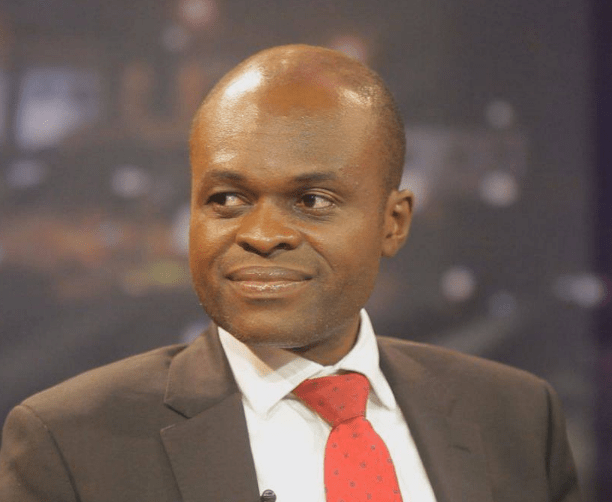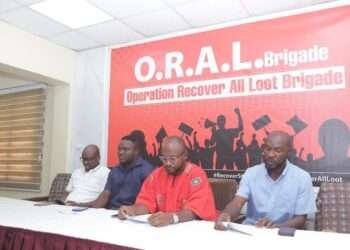Stormy weather makes tough sailors they say, and as much as roadblocks and impediments should serve as a booster pill to forge ahead during hard moments to strive against the odds, sometimes, it’s better if those hurdles are not placed there in the first place to serve as antecedents.
Developing tough skin under the most adversarial circumstances and not bulking under the pressure of towing a particular line which defeats transparency, honesty and particularly in governance, rule of law, certainly deviates from amounting to the most despicable of human compromises.
Corruption has become a leech on the back of governments globally, sucking every blood of accountability and honesty out of state institutions and public figures.
The proverbial phrase of allowing sleeping dogs lie definitely wouldn’t work in Ghana any longer as Ghanaians are taking up the mantle of responsibility in demanding judgement for culpable persons found to be in any way implicated in a corruption mess.
An almost year-old corruption allegations which rocked the nation when a former Minister of State at the Finance Ministry, Chares Adu Boahen, was caught on the lens of investigative group, Tiger P.I, brazenly negotiating in shady deal and by extension roping in the Vice President’s name into the conversation.
The viral nature of the video sent him packing out of the governmental revolving door when the President requested the matter be referred to the Special Prosecutor for further investigations.
After several months, the report by the Special Prosecutor has done nothing to allay the concerns of corruption, leaving CSOs, stakeholders and the general public with dashed hopes.
For all it’s worth, the OSP stated that despite closing the case on merits that what Mr Boahen did only amounted to influence peddling, “investigation may be re-opened should the circumstances and further facts so dictate”. One thing is definite, his report has rather amplified the calls for a thorough investigation into the matter.
Addressing issues of corruption

Lawyer, Martin Kpebu, wading in on the conversation stated that the “conclusion that for now the docket be closed for me, it’s not satisfactory”.
He explained that it’s on the back of the definition that, corruption means “don’t use public office for private gain or profit” he is disappointed in the report of the OSP.
“It’s because of his public office he’s being given that $40,000 and he took it and that’s a private gain because when he got to Ghana, he didn’t disclose it to government for the government to take it away from him under gifts… To the extent that he pocketed that money, that’s benefiting from a public office. So, I don’t see how we can say there’s no corruption…
“He has taken $40,000, by now, the first thing OSP should be doing is that Adu Boahen should be directed to return the $40,000 to the OSP before close of 72 hours. That’s the first thing that he should be doing. How can Adu Boahen retain the $40,000? Are we serious? This is a clear case of corruption; it’s not just influence peddling.
Martin Kpebu
Furthermore, Mr Kpebu contended that the use of public office for private gain as Mr Adu Boahen did by taking some $40,000 in the context of his office as a minister of state “surely will count for corruption”.
To this end, he emphasized that it is not just influence peddling, because influence peddling is a very broad term, which encompasses so many things and doesn’t delete the corruption aspect.
“So, when you say something is influence peddling, it doesn’t mean that that same thing cannot amount to corruption. Because what we are talking about is that he received $40,000, and it was because of who he is as a minister of state at the ministry of finance and that he was going to organize a meeting with the Vice President. Apart from that he had also negotiated a deal to receive 20% of the $500 million. So, is that not private gain?”
Martin Kpebu
Corruption albeit may be defined to be entrenched where humans thrive and desire success, the high stakes on stories of some few officials who refuse to get their hands ‘dirty’ also exists.
Therefore, to separate the wheat from the chaff, the call for the passage of the Public Officers Conducts bill has even become more relevant in this discourse, and the earlier parliament expedites processes of the passage, it will better ameliorate the situation within the conduct of public officials.





















